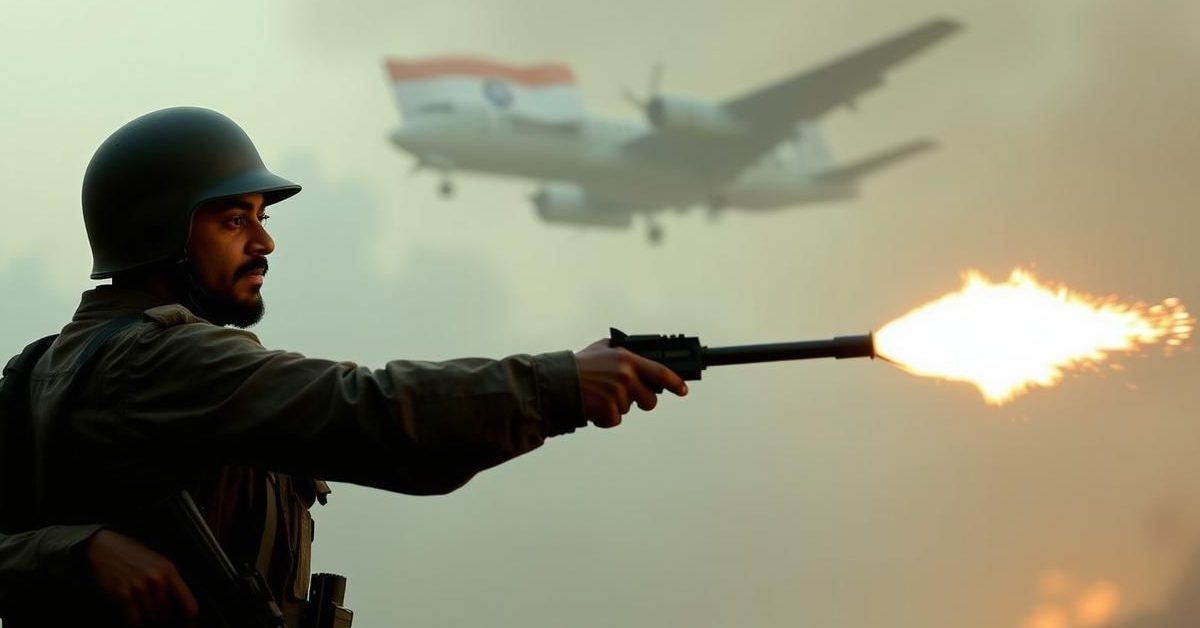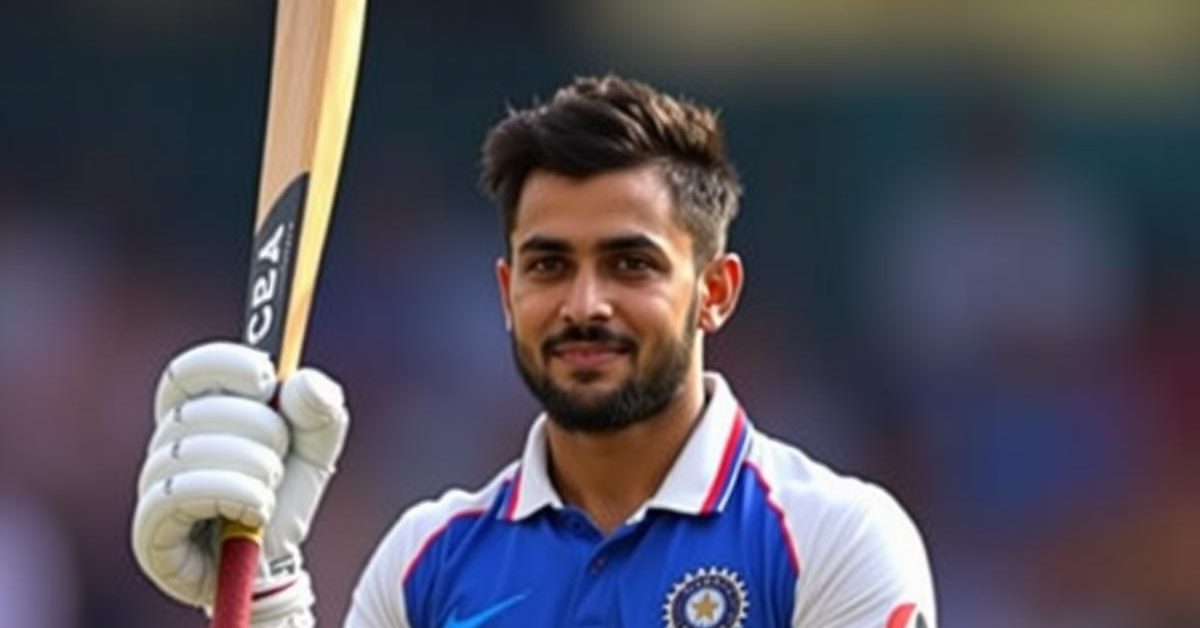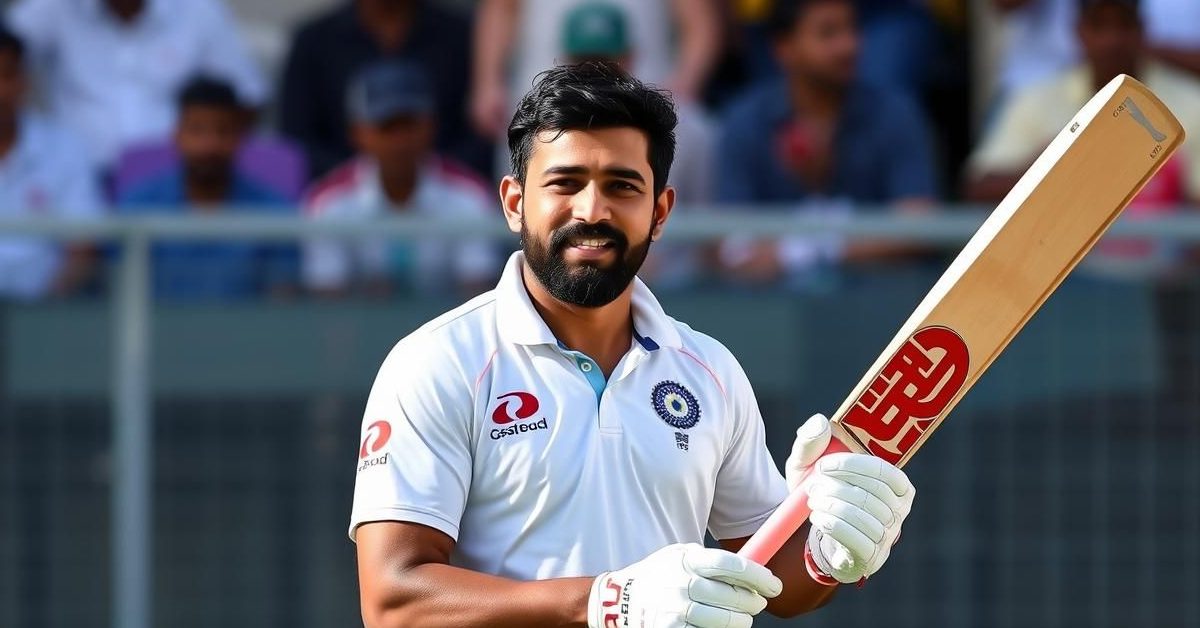The Elusive Anti-War Film: Is Bollywood Trapped in a Jingoistic Echo Chamber?
The renowned French New Wave auteur, Francois Truffaut, once famously quipped, “There is no such thing as an antiwar film.” One might almost imagine he had a premonition, a clandestine viewing of something akin to *Uri: The Surgical Strike* playing at a packed multiplex in Mumbai, perhaps PVR Juhu, decades before its actual release. His words resonate with an unnerving accuracy when observing a significant portion of contemporary Bollywood output. Despite seemingly noble intentions or grand declarations, Indian cinema often appears to struggle profoundly with depicting conflict in a nuanced, truly anti-war light, frequently succumbing to a dangerous, simplistic jingoism instead.
Bollywood’s Predicament: When Intent Collides with Outcome
The challenge isn’t merely about depicting soldiers or battles; it’s about the underlying philosophy. A genuine anti-war narrative seeks to expose the profound futility, the devastating human cost, and the moral ambiguities inherent in armed conflict. It rarely glorifies violence or simplifies complex geopolitical struggles into black-and-white morality tales. Yet, time and again, Bollywood, even when seemingly attempting to explore the soldier’s journey or cross-border tensions, veers sharply into a celebratory, chest-thumping narrative that inadvertently romanticizes aggression and fuels nationalist fervor. This often leaves audiences with a skewed perception of war, far removed from its brutal realities.
The Case of Uri: The Surgical Strike – A Box Office Paradox
Consider *Uri: The Surgical Strike*. It was a commercial juggernaut, catapulting actor Vicky Kaushal into superstardom and dominating conversations. Presented as a retelling of a significant military operation, it offered ample opportunity for a deeper dive into the sacrifices, the strategic complexities, and the personal toll of such actions. However, the film, while technically proficient and visually engaging, ultimately chose the path of least resistance: a triumphant, almost cathartic portrayal of revenge. It was undeniably effective at generating patriotic sentiment, but its success inadvertently highlighted Bollywood’s reliance on a formula that prioritizes nationalistic fervor over a more introspective, perhaps even uncomfortable, examination of conflict.
Emraan Hashmi and Bard of Blood: A Missed Opportunity on the Small Screen
The issue isn’t confined to the silver screen. Even in the burgeoning world of streaming platforms, where creative liberties are supposedly greater, the pattern persists. Take *Bard of Blood*, the Netflix original series starring Emraan Hashmi, executive produced by Shah Rukh Khan’s Red Chillies Entertainment. On paper, it promised a sophisticated spy thriller delving into India-Pakistan relations and the volatile Balochistan region. It had the potential to explore the morally grey areas of intelligence operations, the tragic human cost of proxy wars, and the complex allegiances that define such conflicts.
However, despite a strong initial premise and commendable performances, *Bard of Blood* too, eventually retreated into familiar territory. It struggled to maintain its nuanced stance, often reducing intricate geopolitical dynamics into a simplified narrative of ‘us vs. them’. The opportunity to present a layered, contemplative perspective on espionage and cross-border tensions, which could have subtly underscored the futility of perpetual conflict, was largely squandered in favor of more conventional heroics. This demonstrates that even with new formats and star power, the ingrained tendency to sensationalize and simplify rather than critically analyze remains a formidable hurdle.
The Allure of Jingoism: A Commercial Calculation?
Why does this pattern persist? Part of the explanation likely lies in commercial viability. Films that evoke strong nationalistic emotions often find a ready and enthusiastic audience, translating into impressive box office numbers. There’s a perceived safety in adhering to a narrative that reaffirms national pride, especially in a region prone to geopolitical sensitivities. This creates a self-reinforcing cycle: studios produce what sells, and what sells, in this context, is often a potent blend of action and uncritical patriotism. Navigating the delicate balance between genuine patriotism and aggressive jingoism is a tightrope walk few in Bollywood seem willing or able to master.
Beyond the Battlefield: The Real Cost of Conflict
True anti-war cinema, regardless of its origin, eschews simplistic villainy and celebrates no victories without acknowledging profound loss. Films from around the world that truly grasp this concept often focus on the psychological scars, the destruction of innocence, and the irreparable tearing apart of families and societies. They present war not as a glorious spectacle, but as a tragic, often senseless, human endeavor. For Bollywood to transcend its current limitations, it must courageously confront these less comfortable truths, moving beyond the easy applause of triumphalism to explore the deep wounds and the enduring legacy of conflict on all sides.
Can Bollywood Evolve? The Path Forward
The capacity for powerful, introspective storytelling undoubtedly exists within the Indian film industry. To produce truly impactful anti-war films, Bollywood needs to foster an environment where complex narratives are championed, where commercial pressures don’t entirely dictate artistic choices, and where filmmakers are empowered to challenge popular perceptions rather than merely reinforce them. Only then can it hope to create cinema that resonates with Truffaut’s challenging assertion, not as a confirmation of failure, but as a beacon of nuanced, human-centric storytelling about the profound tragedy of war.













